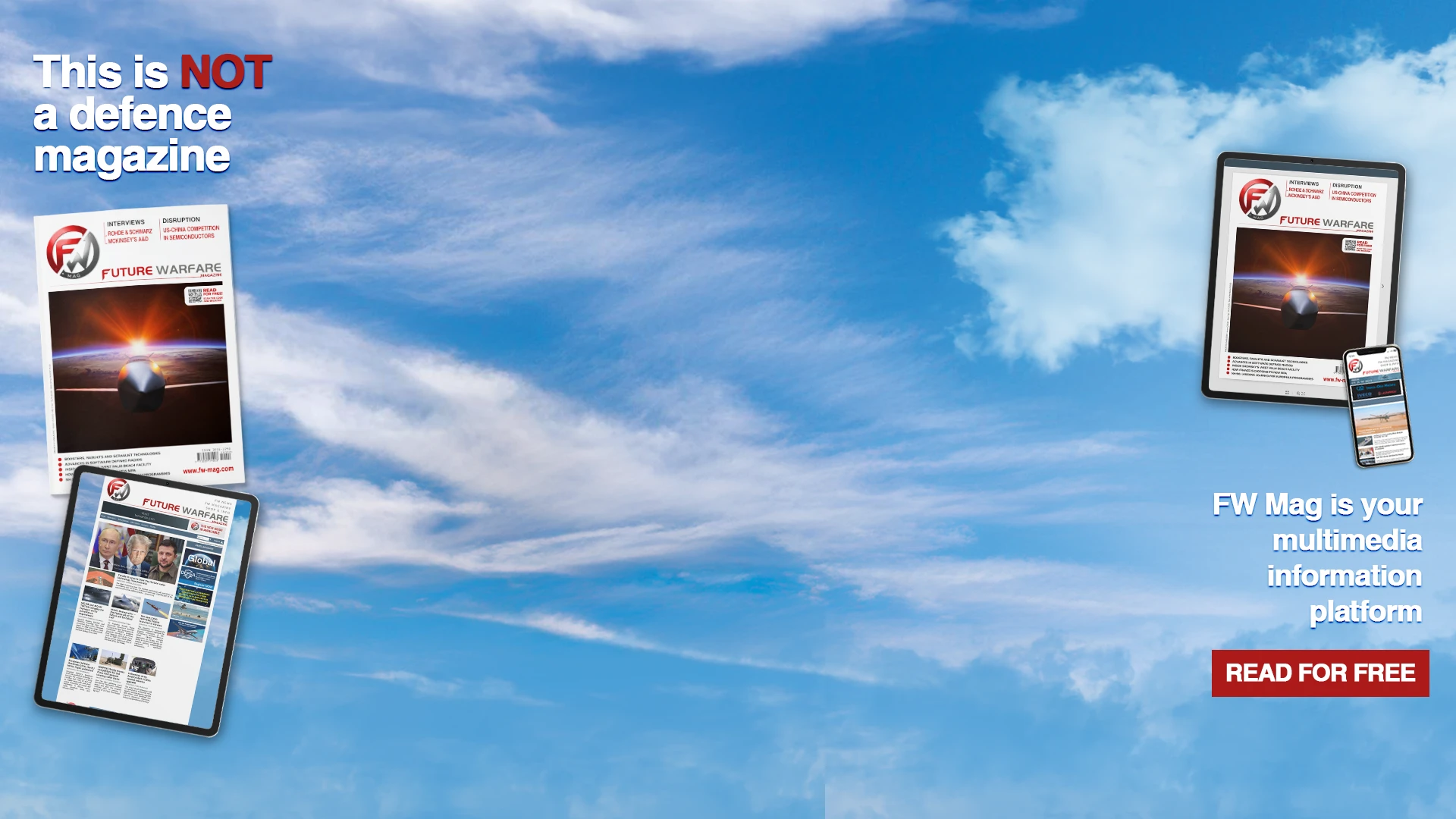
Faced with cyberattacks and geopolitical crises and caught between the Russian anvil and the (plastic) hammer of US threats, the EU agreed to strengthen critical defence capabilities and increase spending, including through greater budgetary flexibility.
The discussion occurred on 3 February during an EU 'RETREAT' - a new format for informal thematic meetings - where EU leaders met in Brussels to figure out how to give European defence a strong boost. UK prime minister Keir Starmer and NATO Secretary General Mark Rutte have participated as well. The outcome of these talks will shape the European Commission’s upcoming white paper on defence, set to be published in March.
"A shared sense of urgency drives us. We are no longer debating 'if' but rather 'how' to do it," said European Council President António Costa at the press conference following the meeting. Since the Russian invasion of Ukraine, many EU countries have ramped up defence spending, while the EU has rolled out measures to encourage joint procurement and strengthen its defence industry.
But with the Ukrainian war, mounting threats from Russia, cyberattacks, cable cuttings, tensions in the Middle East, and US President Donald Trump's unpredictable statements about EU tariffs and buying Greenland, there is a sense of urgency like never before. "A lot has been done already, but we need to do more. We need to do it better, stronger, faster - and we need to do it together," Costa emphasised after the summit.
At the RETREAT, EU leaders agreed to prioritise critical shortfalls in air and missile defence, munitions, and military transport. In particular, they backed the proposal for a European advanced air defence system, which, according to Commission president Ursula Von der Leyen, is "absolutely necessary given the experience of war at our borders." Besides procurement, the EU executive top official pointed out other areas needing improvement, including better procurement coordination, ensuring interoperability, refining procurement legislation, and fostering defence innovation, including cooperation with Ukraine.
All these efforts, however, have to be funded somehow – and this remains a major challenge. According to EU figures, defence spending across the EU has already risen by 30% between 2021 and 2024, with the 23 NATO-aligned EU countries now spending an average of 2% of GDP on defence. Nevertheless, some member states argue that more is needed, while Trump calls for an unrealistic 5% of GDP.
To further boost funding, Von der Leyen and Costa outlined several potential financing options, including more national spending, a greater role for the European Investment Bank (EIB), and private capital. Von der Leyen pledged to "explore and use the full flexibility" of the Stability and Growth Pact, the framework outlining EU rules for overseeing national budgets to enable significant defence spending increases. "In extraordinary times, extraordinary measures are necessary," she said.
She also suggested expanding the European Investment Bank (EIB) 's role beyond current dual-use (civilian and military) projects and encouraging private banks, historically reluctant to fund defence initiatives, to step in. For now, however, the idea, proposed by some, of joint EU debt to finance defence, remains contentious and not publicly addressed, given the strong opposition from leaders such as German Chancellor Olaf Scholz.
Transatlantic and UK ties
Beyond defence spending and capabilities, EU leaders also discussed Trump's tariff threats, his warnings regarding buying Greenland as well as the transatlantic partnership and the defence relationships with the UK, which have been in a grey zone since London left the EU.
According to Costa, EU countries expressed solidarity with Denmark, affirming their commitment to its sovereignty, territorial integrity, and the inviolability of borders under the UN Charter. But at the same time, both he and Von der Leyen stressed the need for keeping an open dialogue with Washington.
These are like issues "within friends,” the Commission's president said. We must discuss and address them to find solutions “while upholding our fundamental interests, including national sovereignty and territorial integrity." Besides the transatlantic partnership, the UK was also under the spotlight. British prime minister was invited to the retreat by Polish President (and former European Council President) Donald Tusk as part of a broader effort to rekindle EU-UK relations, particularly in defence, echoed by London's "Reset" policy.
The meeting reinforced this shared commitment to closer cooperation amid the satisfaction of the EU leaders, mainly expressed by Tusk at the press conference, after the problematic post-Brexit years.








